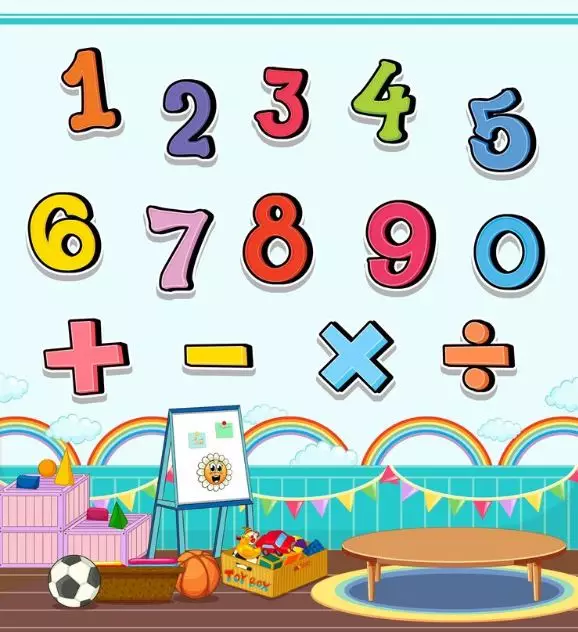foto: freepik.com/brgfx
Brilio.net - Many children usually shy away from math and science lessons. These lessons are often considered boring, difficult, or even scary by most children. But that does not apply to Hubbiy Rasyadarya, a 10-year-old boy who actually really likes math . This 5th grade elementary school student has even won various competitions in the fields of math, robotics, and coding.
Hubbiy has participated in national and international math competitions. For him, math is not difficult because he has started practicing counting since he was 1.5 years old. Until now, he continues to practice diligently by taking math lessons twice a week, and the material has reached the topic of sets.
Seeing Hubby who loves math so much, of course makes parents wonder, how can their children also love this subject? Here are some easy tips that can help your child be more interested in learning math and enjoy counting numbers, reported by brilio.net from various sources, Friday (20/9).
1. Involve mathematics in everyday activities.

photo: freepik.com
One of the most effective ways to get kids interested in math is to involve math concepts in everyday life. For example, have your child count their groceries, or ask them how many toys they have. Simple activities like these can strengthen your child's understanding of numbers and math concepts without making them feel like they are learning.
2. Use interesting math games.Learning doesn't always have to be done in textbooks. Try introducing your child to various fun math games. There are many educational applications that combine math with games, so that children can learn in a more relaxed and interactive way. Math games like these help children understand the concept of numbers without pressure.
3. Give your child a small challenge.

photo: freepik.com/brgfx
Children usually enjoy challenges, especially if the challenge is a game. You can give your child a simple math challenge such as guessing numbers, counting objects around them, or solving story problems. These small challenges can help children feel interested in continuing to learn because they feel there is an achievement that can be achieved.
4. Teach math with stories.Children often love listening to stories, so why not try combining math with an engaging narrative? You can tell an adventure story that involves counting, such as a story about a hero who has to count food supplies to survive. This kind of story makes math feel more alive and relevant to children.
5. Give praise and appreciation.Praising your child for their efforts in learning math is essential to building their self-confidence. When children feel appreciated for their efforts, they will be more motivated to continue learning. You can give praise every time your child successfully completes a problem or understands a new concept. There is also nothing wrong with giving a small gift as a form of appreciation.
6. Don't make math feel scary.

photo: freepik.com/brgfx
Sometimes, children are afraid of math because they often hear that it is a difficult subject. As a parent, it is important not to reinforce this negative perception.
Instead, make math sound fun and accessible. Avoid putting too much pressure on your child when they are struggling to understand the material. Provide patient support and guidance so they don't feel intimidated.
7. Use visualizations and aids.Mathematics is often considered abstract, making it difficult for children to understand. To overcome this, try using visual aids such as number toys, diagrams, or interesting pictures. Children tend to understand mathematical concepts more easily if they can see and manipulate real objects. These aids can also make the learning process more interactive.
8. Make math a part of your routine.Consistency is key to mastering any subject, including math. You can create a routine schedule for studying math at home, for example every afternoon or after dinner. There is no need to study for a long time, just 15-20 minutes every day, as long as it is done consistently. That way, children will get used to it and not feel burdened when they have to study math.
(brl/mal)